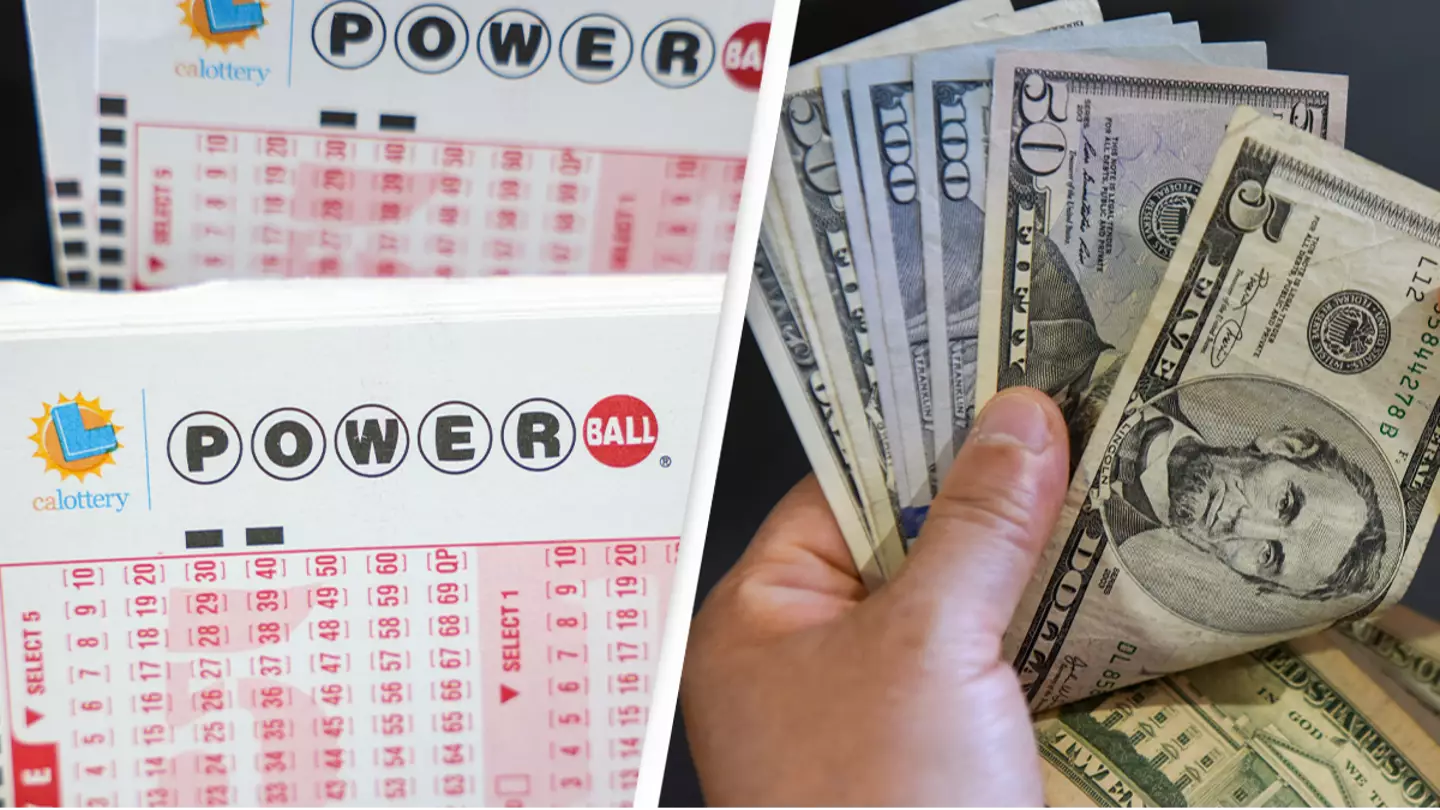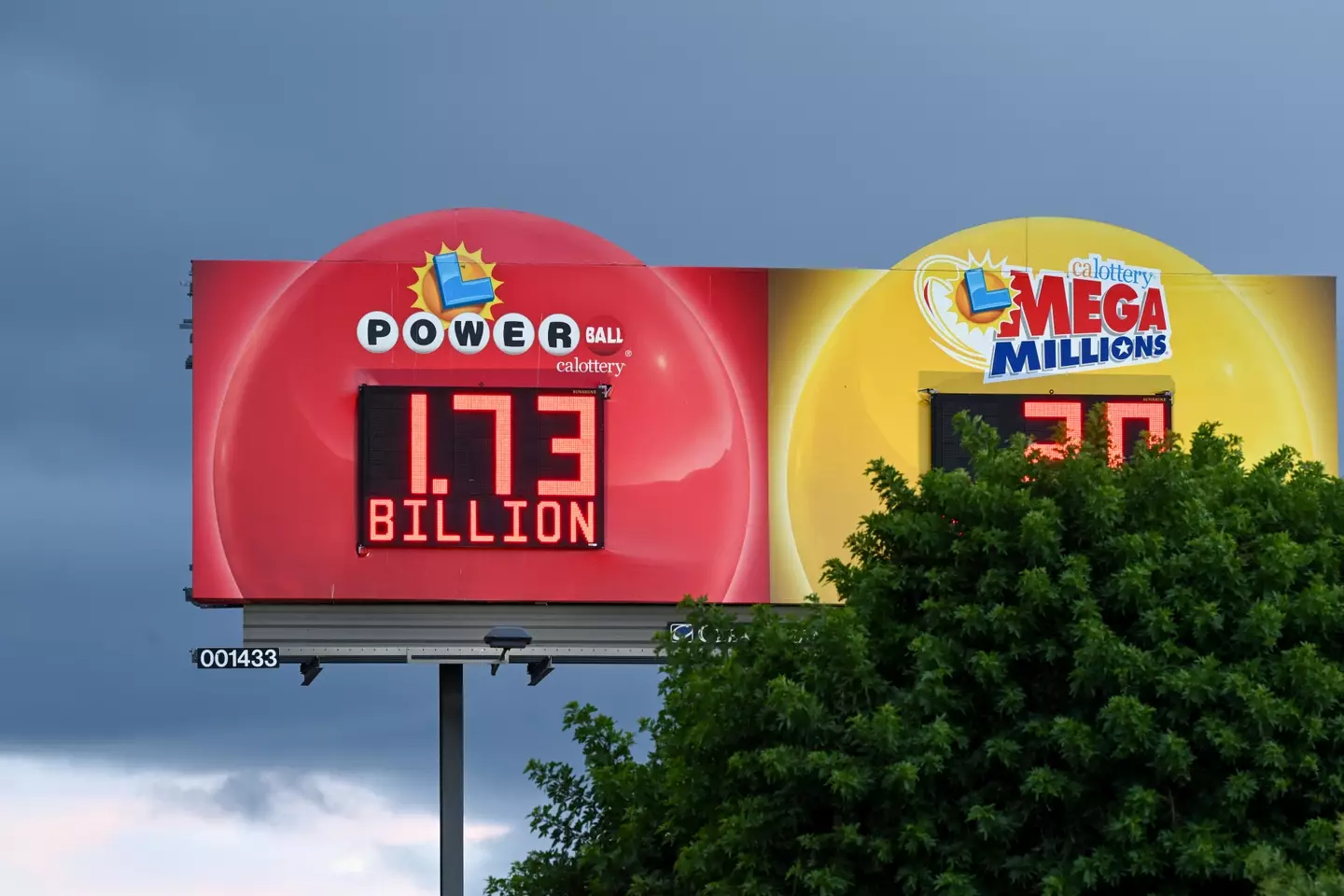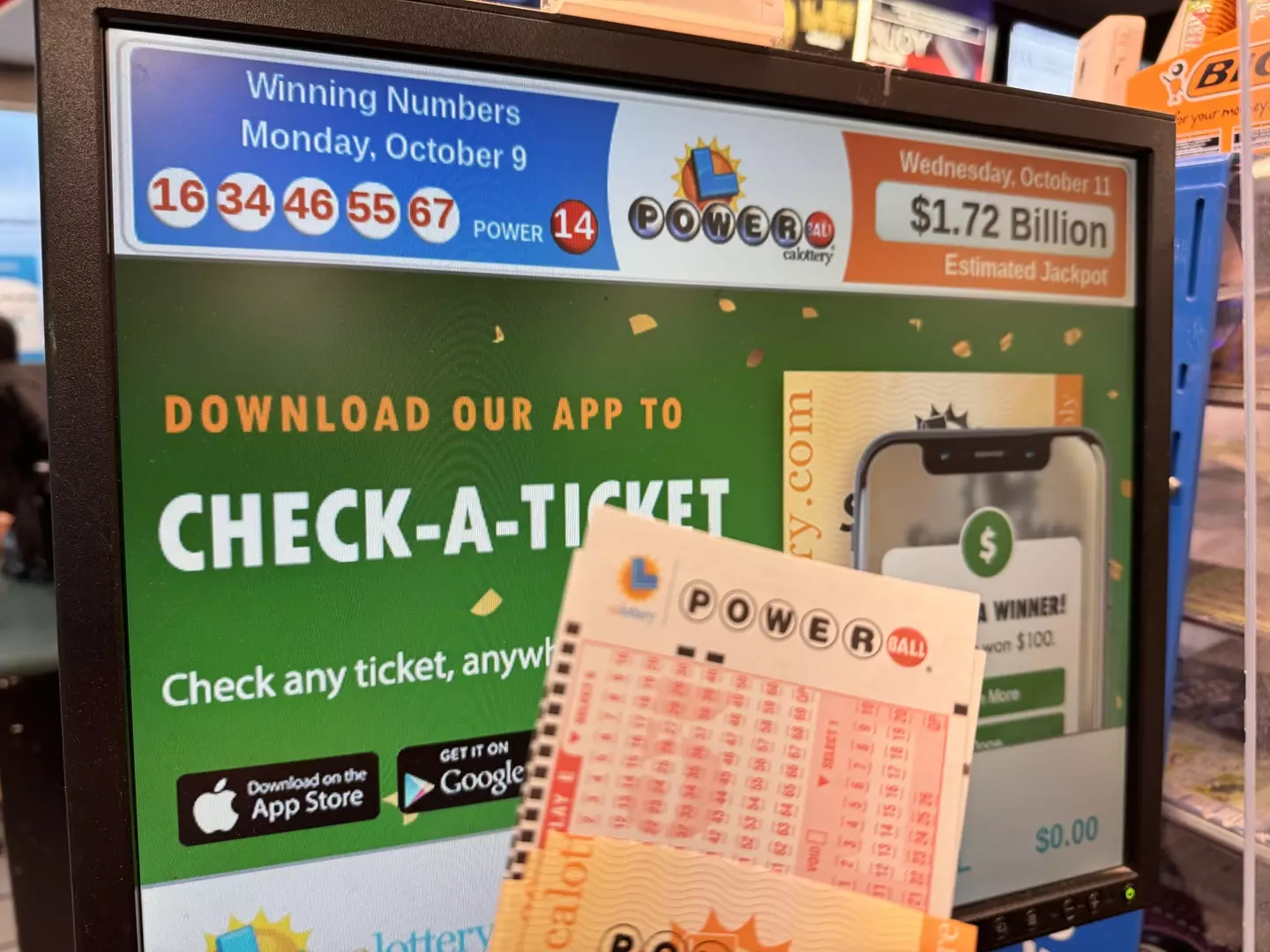
It's not every day that someone buys a lottery ticket that will change their life forever.
Indeed, the low chances of winning are what make the insanely high Powerball jackpots possible to begin with, like the $1.76 billion prize recently scooped by a ridiculously lucky winner in California.
In fact, the chance of winning is estimated at around 292.2 million to one, according to one estimate. To be fair, that's probably still better odds than someone not born into wealth ever becoming a billionaire, so why not!
Advert
However, it's not as straightforward as simply picking up your comically oversized cheque and cashing your millions at the bank.
It's too big to fit in the filing cabinet for a start!
No, there are a number of decisions and loopholes that winners have to jump through to make sure that everything is above board and they are abiding by all the financial regulations.
Benjamin Franklin said only two things in life are certain, death and taxes. That maxim is true for Powerball winners as well, though they are probably the only billionaires it applies to.
So, what are the options?

Well, the very lucky winner has a choice to either take a series of annual instalments over 30 years, or they can take a lump sum immediately.
The catch is that the lump sum is a reduced amount from the total prize.
In this case, the lump sum has been estimated at around $774.1 million, so a cool billion dollars less than taking the instalments.
If they plump for the 30 instalments, these would be an annual payment of $58.3 million a year for thirty years, before tax.
Bizarrely, the lump sum payment is typically the more popular one. Each to their own I guess.
But, on to tax.
If a winner chooses the lump sum, they must pay a mandatory federal tax of 24 percent. That would bring it down to $588,316,000.
This could drop even further depending on any taxable income that the winner already has.

Alternatively, if they choose the annual payments option this has a 47 percent federal marginal rate, bringing it to $30,899,000 a year.
That means that the total you would receive in the 30 year time period would be approximately $926,970,000.
California is a state which doesn't tax lottery winnings, in some more good news for the winner.
Now for some fun interest talk.
In 2023 the standard US interest rate is 5.5%. Let's say you take the lump sum and get that rate of return. How long would it take you to become a billionaire?
With compound interest, so earning interest on the interest as well as the original deposit, at a rate of 5.5% you'd be a billionaire in ten years without so much as lifting a finger.
As Benjamin Franklin also said: "Money makes money."
